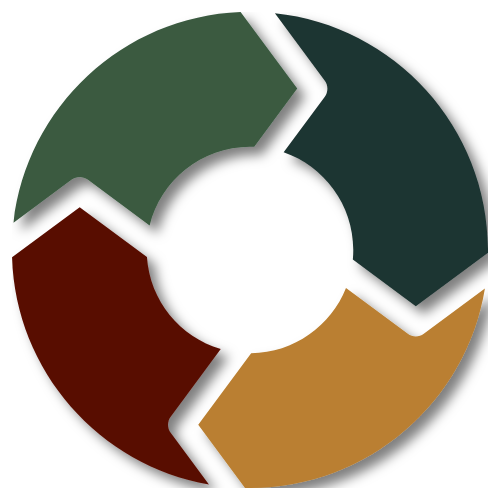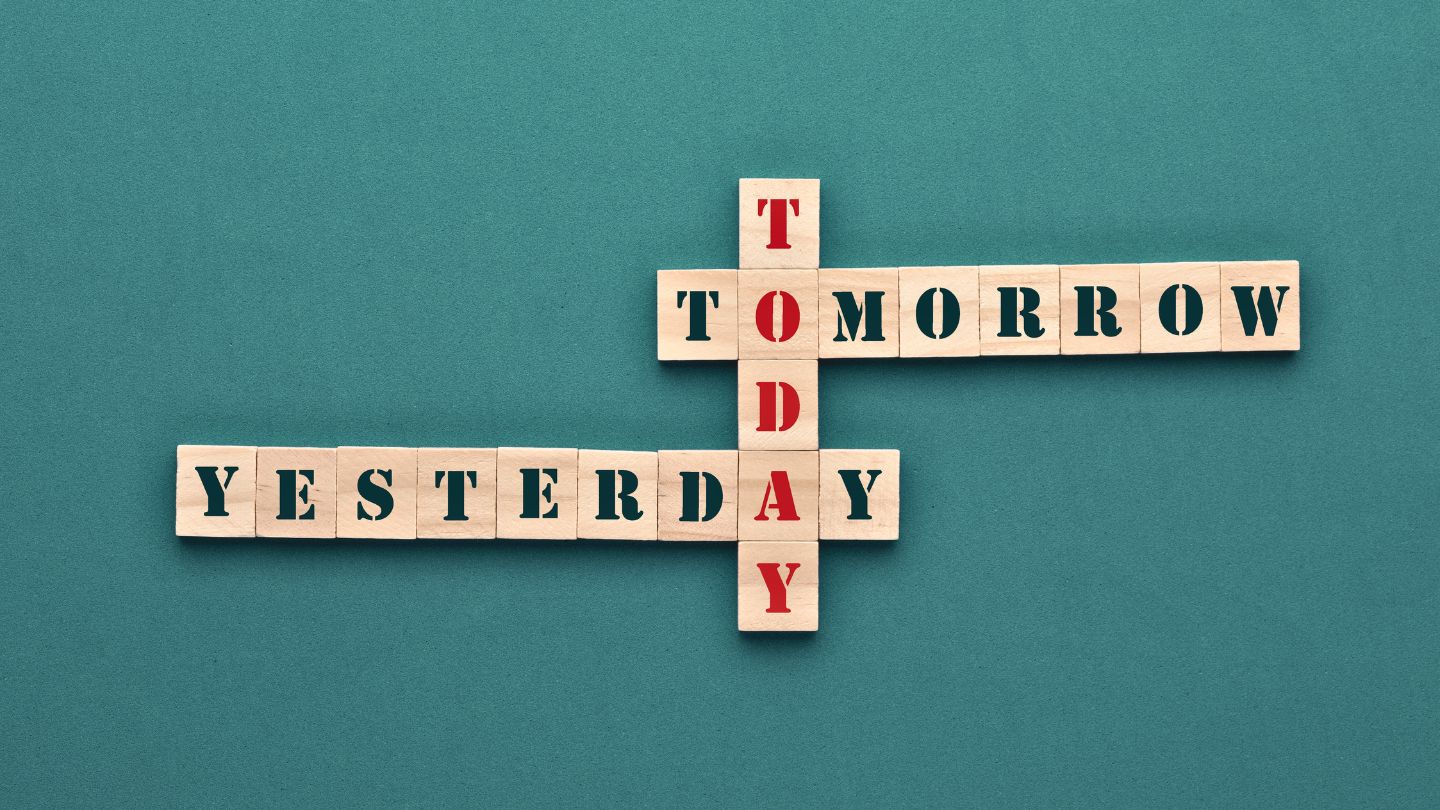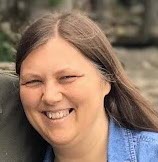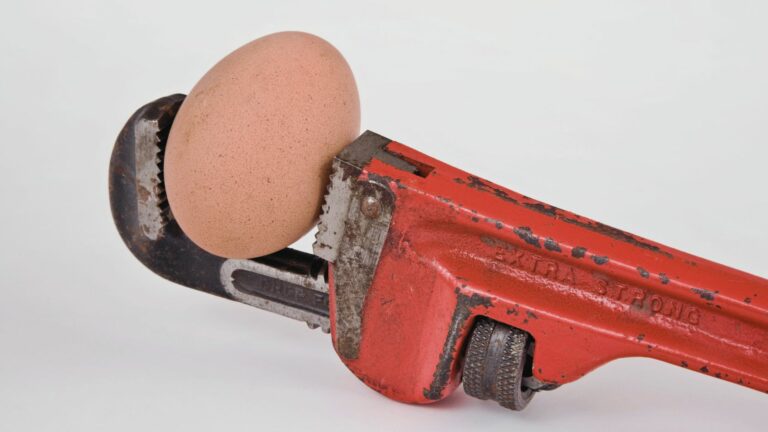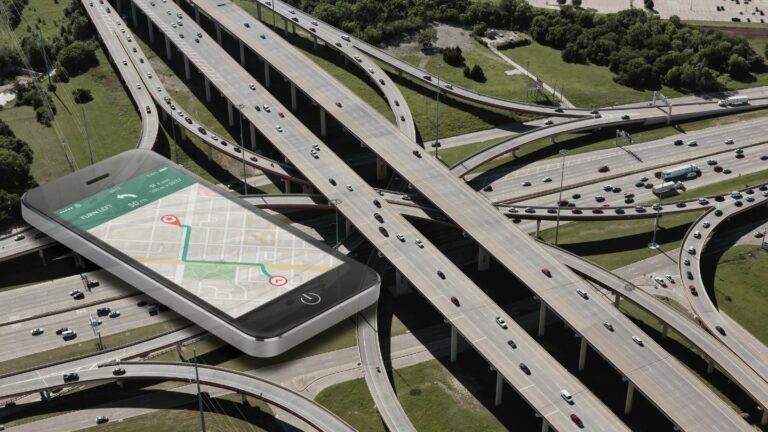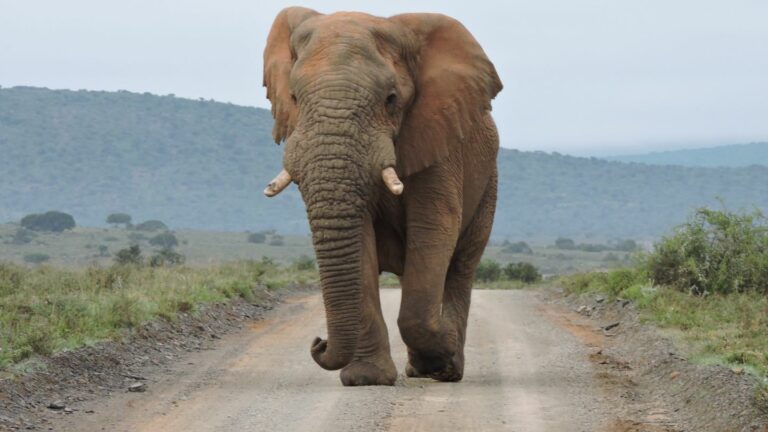Yesterday was a mix of wins and losses, treasured memories and regrets. We need to understand how to deal with each memory in a healthy way.
Our positive memories can be as much of a distraction as our negative memories regarding growth and preparing for tomorrow. It is also true that our failures are not a signal to turn back. They are a signal that something didn’t work. If we classify these experiences into the correct categories and act according to what we learn from them, we have a future to look forward to.
Our focus in this article is to show a pragmatic framework to classify what to do with positive and negative memories. Then, once classified, how to use each to direct us toward a brighter future.

What are the baskets?
People often tell others not to put all their eggs into one basket. They tout on social media that we should forget the past, claiming that only today and the future matter. Only looking forward leaves good memories behind, mixed in with bad memories. Avoiding thinking about our regrets also neglects opportunities to learn and grow. Let’s start by sorting things into baskets.
???? 1:
We like to follow the theme of starting the review time by asking what went well. That is our first larger basket. We can easily forget good things as we avoid the memory of negative experiences. The impact of avoiding review because of regrets can break the habit of taking time to reflect on good memories. Keep the basket of good memories full of fresh thoughts.
???? 2:
We want to embrace learning from the negative side of our journeys. If we ignore our shortcomings, we are likely to repeat them or have the failure serve as a roadblock to future success. Failures inform us of mindsets that can shift. Failures also reveal opportunities for change to help us achieve our original intent or beyond. That is our second major basket.
The goal of the second basket is to look at the question from a productive perspective. We are not looking to justify or blame someone for failures. Productive relationships value learning as a win that guides future decisions.
???? 3:
We want to deal with each of the items in the baskets in appropriate ways. Some we will deal with now, some later. Above all, to avoid too many things taking our focus and making us ineffective, we must choose what essential action we will take based on these memories. This last basket is small to make sure its contents get priority focus.
The summary packs into these three review questions.
- What went well?
- What could have gone better?
- What one thing will get focus?

???? 1 Review: Celebrate and Remember
We want to take time to celebrate the good moments in life routinely. Think of simple things like quality drinking water. Not everyone in the world has good drinking water. Those of us who do also often have refrigeration and stores with varieties of drink options. We might say something like, is there anything besides just water? Making a different choice is fine, but good water is more than just water.
When a project has new challenges, experiences, and people, sharing what went well is naturally based on what is different. We should celebrate those things. Highlighting those changes can increase our engagement in the future. Public recognition validates our thinking and efforts. Having others mention what went well affirms our individual and social values.
Again, we must remember that routine and familiar things are valuable, just like good water, when there are no new challenges, experiences, or people. Even when we have new things to celebrate, we need to mention simple little things, like water. Focusing on those memories helps us stay grounded and maintain perspective. The exceptional is remembered as extraordinary when we have the right mindset. When the extraordinary becomes routine, and the fundamentals are despised, then reality loses value.
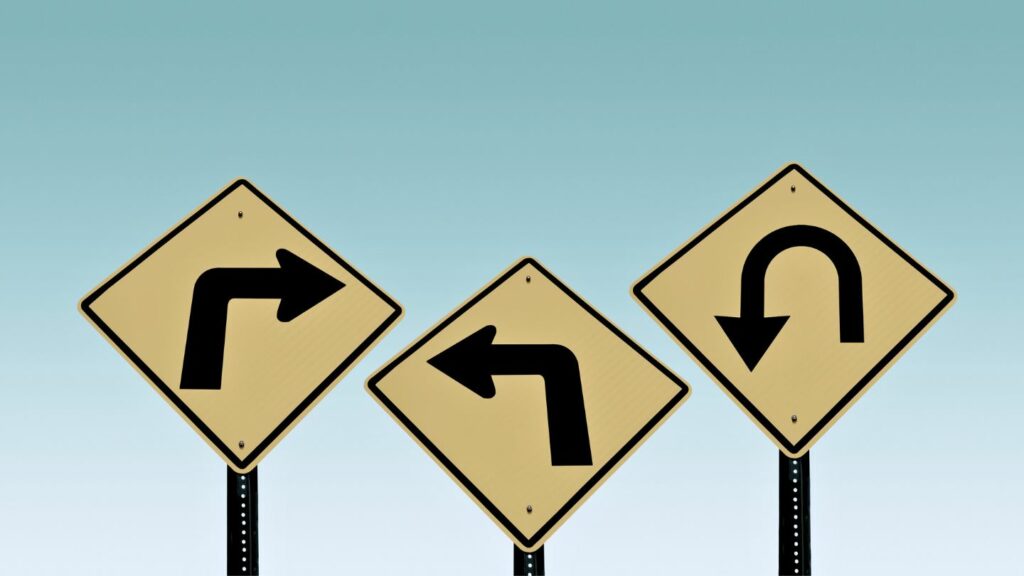
???? 2 Review: Learn and Pivot
People have the incredible ability to be surprised when everything doesn’t go as expected. Some of us are committed to finding a place where we learn to plan perfectly and execute those plans perpetually without any failure. Failure is seen as something to be eliminated rather than an opportunity to learn and grow.
In some of my past jobs, people who failed at tasks were treated as failures. These workplaces were blame factories, where people had difficulty taking responsibility for their growth and challenges. Rather than supporting each other, the culture was about who was more worthy of praise and who was an ideal person to deflect the blame for disappointments. We all want to avoid this toxic work culture and learn how to turn it around.
When we see failure as an opportunity to learn, people encourage and support each other in the journey. Another benefit of this culture change is a shift from fear of failure to a growth mindset. This shift helps people who suffer from imposter syndrome overcome areas of challenge that healthy relationships cultivate.
The what could have gone better question can also contain positive opportunities. When we have a victory that could have been more victorious, it is still a victory. Seeing the possibility of having even more profit for our effort should not be expressed in a way that changes our victory into a failure because of a missed opportunity. Better should not be a source of discouragement. It should be a vision builder based on current proof of progress.

???? 3: Influence the Future
Notice that the word distraction has the word traction embedded inside it? The opposite of distraction isn’t traction; it is focus. Carl Newport extensively studied focused success for his book DEEP WORK. His conclusion was not that multitasking isn’t always the wrong activity. It was that we all think we are better at multitasking than we think we are.
We live in a world that is full of businesses and culture spinning around the addition of distractions. While we could learn to be engaged and focused, the familiar approach to life is to compete for focus. Anxiety stacks in telling us more is better. We need to learn what a minimal viable win is and realize we get distracted by chasing things that don’t give us traction.
So, what one thing will get our focus? This target does not say only one thing can be done. It says this is an essential priority in this cycle or the future. This is why we have phrases like less is more. As we build habits and establish effective routines, we can use those as a foundation and build on them.
If we try and make all the future promises happen next week or next month, we are not investing in the work of growth. We have surrendered to the delusion driven by an unfaithful what-if. We want our future to be bright, not brittle.
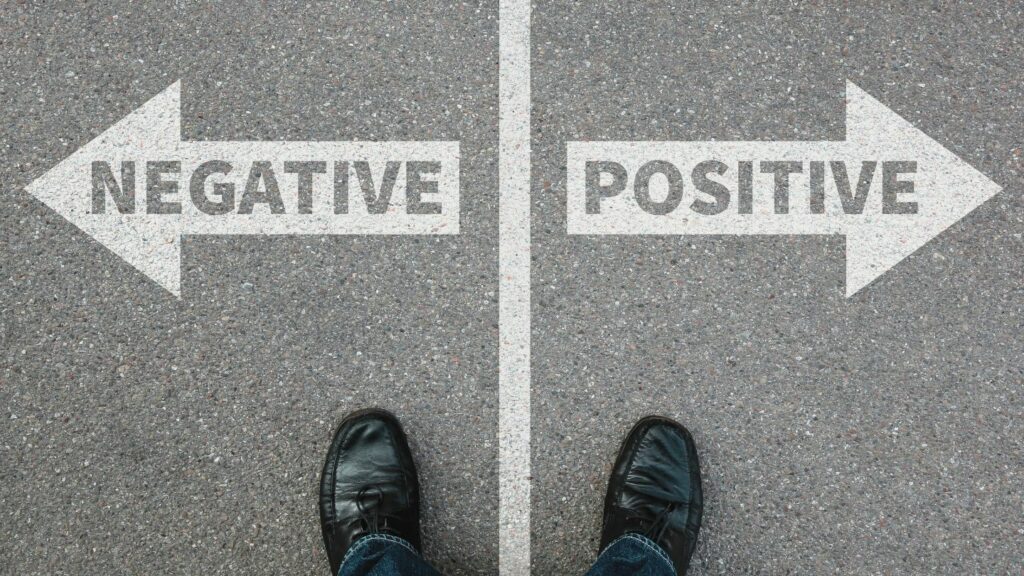
What about the bad parts?
We need to let go of some of yesterday’s events. Not all of them had value. At times, we may have been the victims of others’ evil, or perhaps we were the sources of evil. If we were the source, change is the answer. If we were the victims, we need to accept the event without making that event our identity.
Some events have a drastic emotional impact on us. Grieving can be healthy. There is a difference between complaining and grieving. Complaining in this context would be holding onto the event as a new identity. Grieving is accepting what happened as it happened and coming to terms with the events in our past. Grieving is crucial in letting the event not define who we are but seeing it as what happened in the past.
When we allow ourselves to grieve, we gain the strength to pivot and move toward our future. This season is often best served with a faithful companion who can affirm our value as we process the grief before letting go.
Yesterday, the good parts.
So, the next time you see a social media meme about forgetting yesterday, remember what we discussed here today. Nothing good would be within our reach today if it were not for yesterday. Take time to include yesterday in finding meaning and direction for tomorrow.
